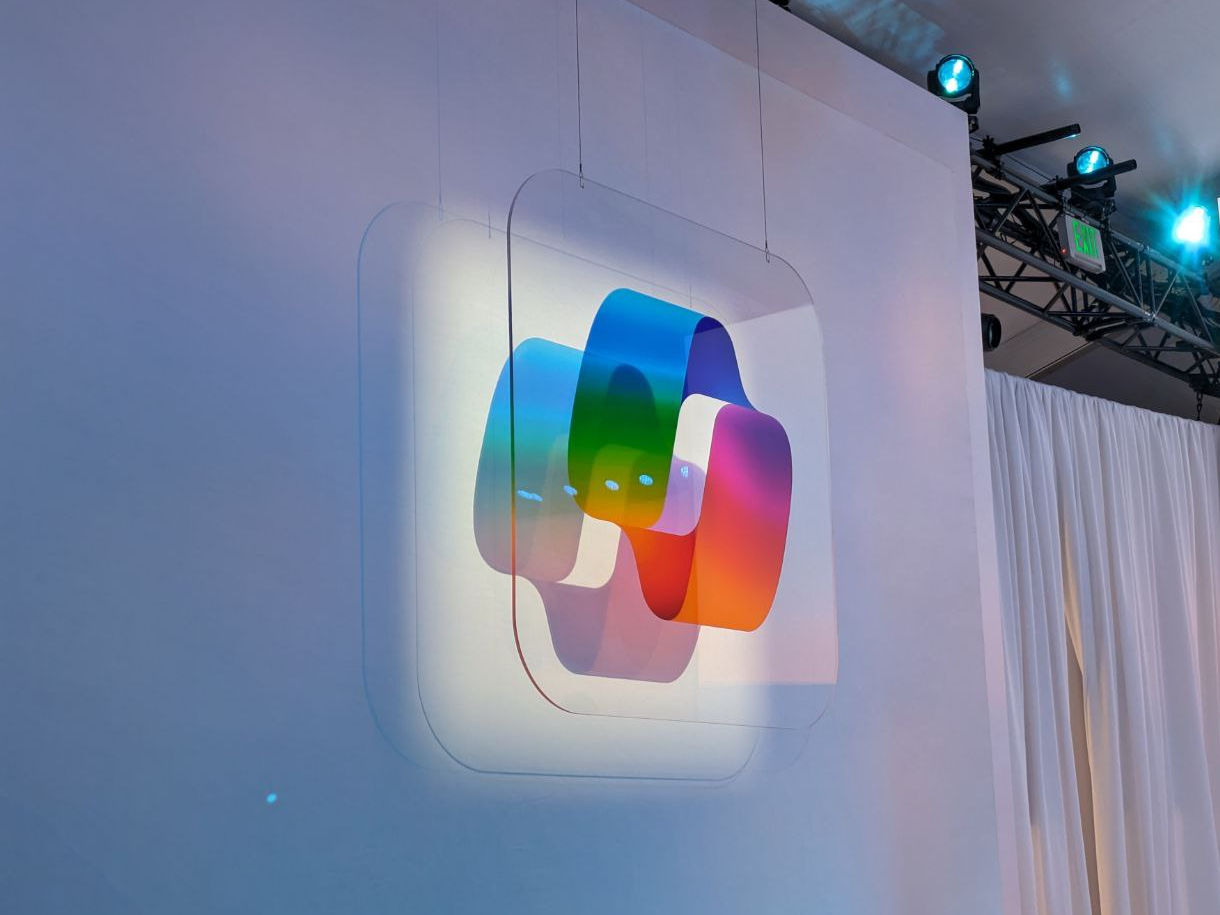
What you need to know
- Microsoft recently shipped a massive Copilot update, overhauling the user experience, which has received backlash from users.
- The update received backlash from users, including Microsoft staffers, who described it as "a step back" that has absolutely ruined the tool's user experience.
- An exclusive report by Business Insider highlights Microsoft's struggles with Copilot, including privacy and security.
- A high-ranking Microsoft executive described most Copilot AI tools as "gimmicky."
- Microsoft reportedly relies on third-party vendors to make Copilot work across its tech stack, including Microsoft 365.
Microsoft shipped its AI-powered chatbot Copilot (formerly Bing Chat) over one year ago. The tech giant has enjoyed considerable success in the AI landscape, climbing to the top of the ranks and becoming the world's most valuable company, ahead of Apple and NVIDIA, with a $3 trillion market capitalization.
However, recent reports indicate that Microsoft might have made a misstep with its latest Copilot update. The tech giant shipped the major update to the AI chatbot in October, overhauling its experience arm and inviting" user interface, an immersive chat experience, and new features, including Copilot Vision.
Users have blatantly expressed disappointment with the new update, citing a degraded user experience and low-quality responses. Some have indicated that they prefer the previous version. Some have requested a toggle button that would allow them to switch back. The feedback comes as reports of scaling laws flood the internet, indicating top AI labs, including OpenAI, Google, and Anthropic, are struggling to develop advanced AI models due to a lack of high-quality content for training. Perhaps Microsoft might be in the same boat.
Perhaps more interestingly, even Microsoft insiders have raised concerns over Copilot's trajectory, indicating the new update has "absolutely ruined the experience" while referring to it as a step back.
Now, an exclusive report by Business Insider sheds more light on Microsoft's struggles with Copilot from an insider's perspective.
🎃The best early Black Friday deals🦃
- 🎮ASUS ROG Ally (Ryzen Z1) | $349.99 at Best Buy (Save $150!)
- 💽Seagate Xbox Series X|S Card (2TB) | $199.99 at Best Buy (Save $160!)
- 📱iPad 9th Generation (64GB) | $199.99 at Best Buy (Save $130!)
- 🎮Xbox Series X (1TB) | $449.99 at Best Buy (Save $50!)
- 🖥️ABS Cyclone Desktop (RTX 4060) | $1,099.99 at Newegg (Save $400!)
- 🕹️Amazon Fire TV + Game Pass Bundle | $74.99 at Amazon (Save $52!)
- 💻HP Victus 15.6 (RTX 3050) | $449.99 at Best Buy (Save $430!)
- 🎮Lenovo Legion Go (Ryzen Z1 Extreme) | $549.99 at Best Buy (Save $150!)
- 📺HP Curved Ultrawide (34-inches) | $349.99 at Best Buy (Save $130!)
Counterproductive Copilot efforts?

According to a Microsoft employee with close ties to the company's Copilot AI division:
"There's a gap between the ambitious vision and what users are actually experiencing. Internally, we're calling it growing pains. We are building the plane as we fly it."
While Microsoft claims approximately 70% of Fortune 500 employees are already on board the Copilot AI train, employees expressed concerns, citing a premature launch that could potentially backfire with customers. Following the latest update that shipped to Copilot, some users have indicated that they would transition to OpenAI's ChatGPT unless Microsoft brings the previous version of Copilot.
As you may know, Microsoft has deeply integrated its Copilot AI technology across its tech stack, including Microsoft 365. You can leverage its capabilities in software apps like PowerPoint, Outlook, and more. However, a Microsoft insider revealed that the company outsources aid from third-party vendors to make the AI dream work in these apps. While speaking to Business Insider, a high-ranking Microsoft executive indicated that most Copilot AI tools are seemingly gimmicky.
Microsoft claims its heavy investment in AI and Copilot efforts are already paying off. The company attributed its claims to Copilot users purchasing additional access to the tool.
While the claims remain to be seen, security and privacy continue to deter the progression of AI, prompting users to keep the technology at arm's length. Organizations are reportedly reluctant to integrate the tool into their workflow because of the tool's capabilities to bypass critical security measures and access private credentials that would ordinarily require high-level clearance. As such, an employee with access to the tool could gain access to private information.
A Microsoft employee corroborated the sentiments, indicating the tool "works really darn well at sharing information that the customer doesn't want to share or didn't think it had made available to its employee, such as salary info." Perhaps more concerning, the employees indicated that the issue wasn't an easy fix, it could take years.
However, the tech giant has several measures in place, including developing tools to help consumers manage permission access at scale. Additionally, the company will release a guide addressing oversharing when using AI. It'll also include best practices for managing data securely.
To this end, there are no signs of Microsoft hitting the brakes on its Copilot efforts. According to a Microsoft insider:
"There is a delusion on our marketing side where literally everything has been renamed to have Copilot it in. Everything is Copilot. Nothing else matters. They want a Copilot tie-in for everything."
It'll be interesting to see how Microsoft addresses the concerns raised about its Copilot efforts as uncertainty in the landscape continues to brew.







